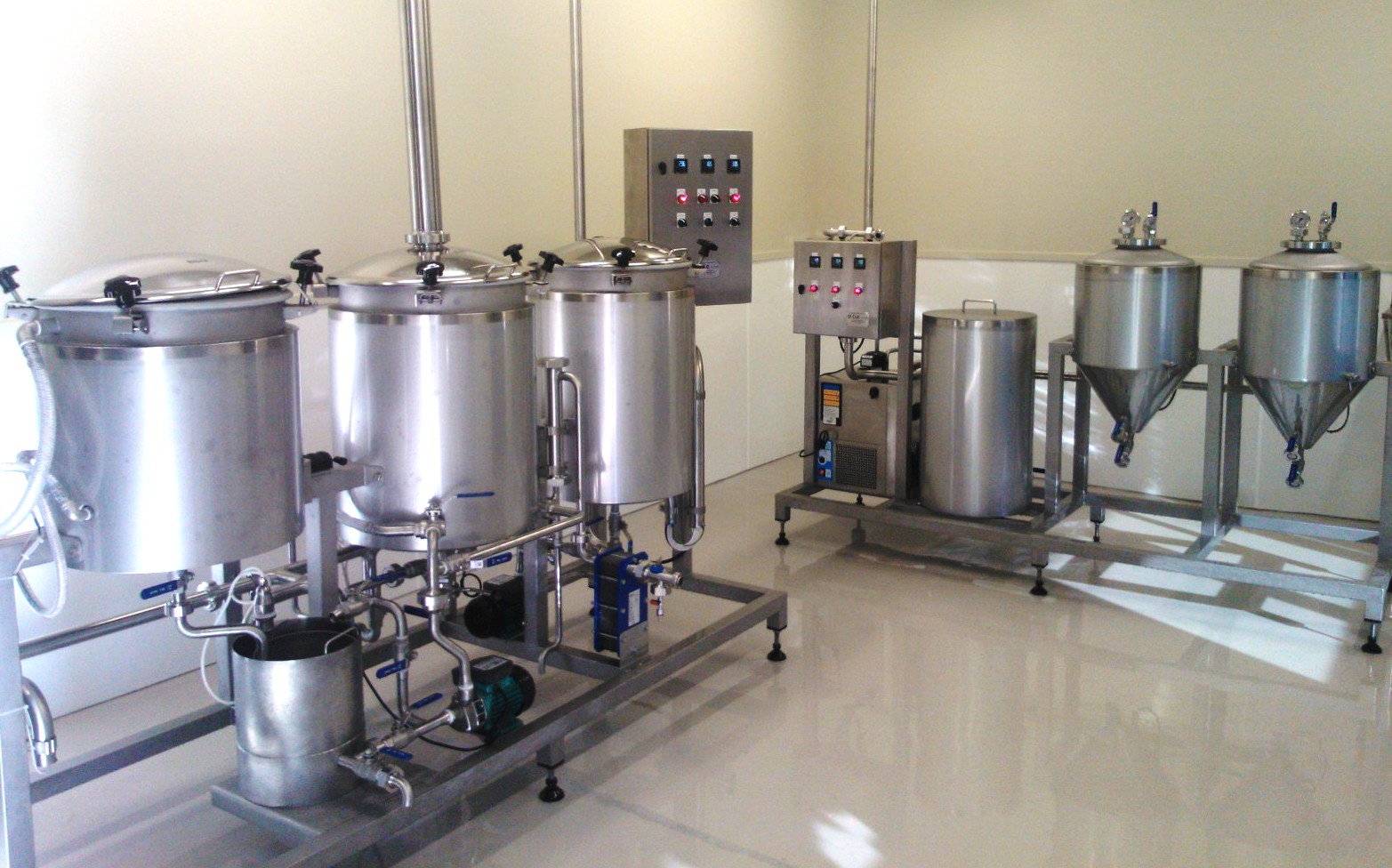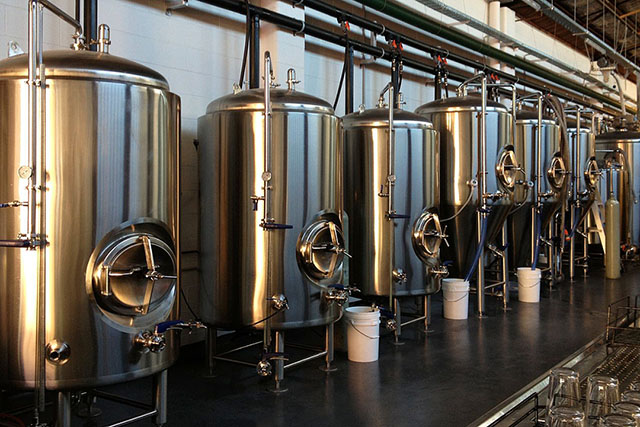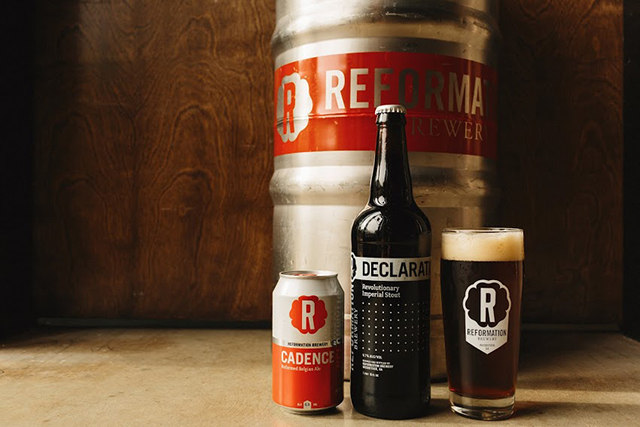
New Zealand hops have developed a certain buzz in recent years as the craft market as grown. One of the reasons is the in-depth research hop growers and distributors in New Zealand perform to explore new and alternative varieties of hops.
We wanted to know a little more about what’s been going on in New Zealand so we got in touch with Doug Donelan, the CEO of New Zealand Hops, to discuss research, growth and development:
BM: What have been some unique elements NZ Hops’ research has uncovered that has helped it grow in the hops market?
DD: New Zealand is hop disease free which has meant that the breeding program didn’t need to focus on disease resistance, which gives us considerable latitude when looking at flavour and aroma attributes. We have also run our program independently and outside of other programs — very strict bio-security measures have also meant that we had to develop a lot of our own breeding stock as we haven’t had access to a lot of new material in recent years. Fortunately the program has been active for over 60 years and we’ve created several unique New Zealand Cultivars which is our big difference in the market. Our hops are different.
BM: How do you utilize the brewing industry to drive the forms of research you do in your labs?
DD: In years past we were reliant solely on the industry to do our trial brewing, however we now do all initial trials through our own 50 litre pilot plant. We do of course still rely on commercial breweries to do our scale up trials and market assessment beers. We have also sent our trial hops internationally for pilot scale work. We like to spread things around to ensure we are getting several different takes and varying approaches to how to use a certain hop. We generally make a standard Pale Ale for our trials, but step these up to Strong Pale Ales and Imperial IPA to try and push the hops to the limits. We’re really looking for the “wow” factor and single hops IPA’s can really showcase that.
BM: How has your research helped you get into international markets, such as the U.S.?
DD: Having a research and breeding program is imperative to get yourself into international markets. Our hops are quite “out there” and the U.S. has certainly been very receptive to what we are offering. The other great thing about the market currently is how willing brewers are to try something new and different and a great vehicle for this are the seasonal beers and specials that can showcase a single variety in any style with very little market risk. We’re also very big at home, so many of our hops contribute to beers that are uniquely New Zealand styles.
BM: How has the growth of the American craft industry affected your research and production?
DD: We’ve been in the U.S. for several years, but we have certainly seen a major lift in the last three to four years. The U.S. is our major market and that is driven mostly these days on the back of craft.
BM: How has your research changed the brewing industry in New Zealand?
DD: Traditionally all the [New] Zealand Brewers have used New Zealand Hops, but for the most part the mainstream [brewers] were using our older variety Alpha types and so it wasn’t that many years ago when there were only around six or seven varieties being grown. We now grow 15 unique New Zealand varieties with three new releases in the past three years and we also grow some Northern types such as Fuggle and Styrian Goldings, and Cascade and Chinook are also grown for the local market. Today of course there are many styles produced locally using our hops that are from traditional styles so a New Zealand Pilsener or Pale Ale is distinctly a New Zealand Style. It makes it a little hard when entering competitions as most judges aren’t familiar with the styles, nor see them as fitting within the style guidelines, we’ll have to try and change that.





Be the first to comment